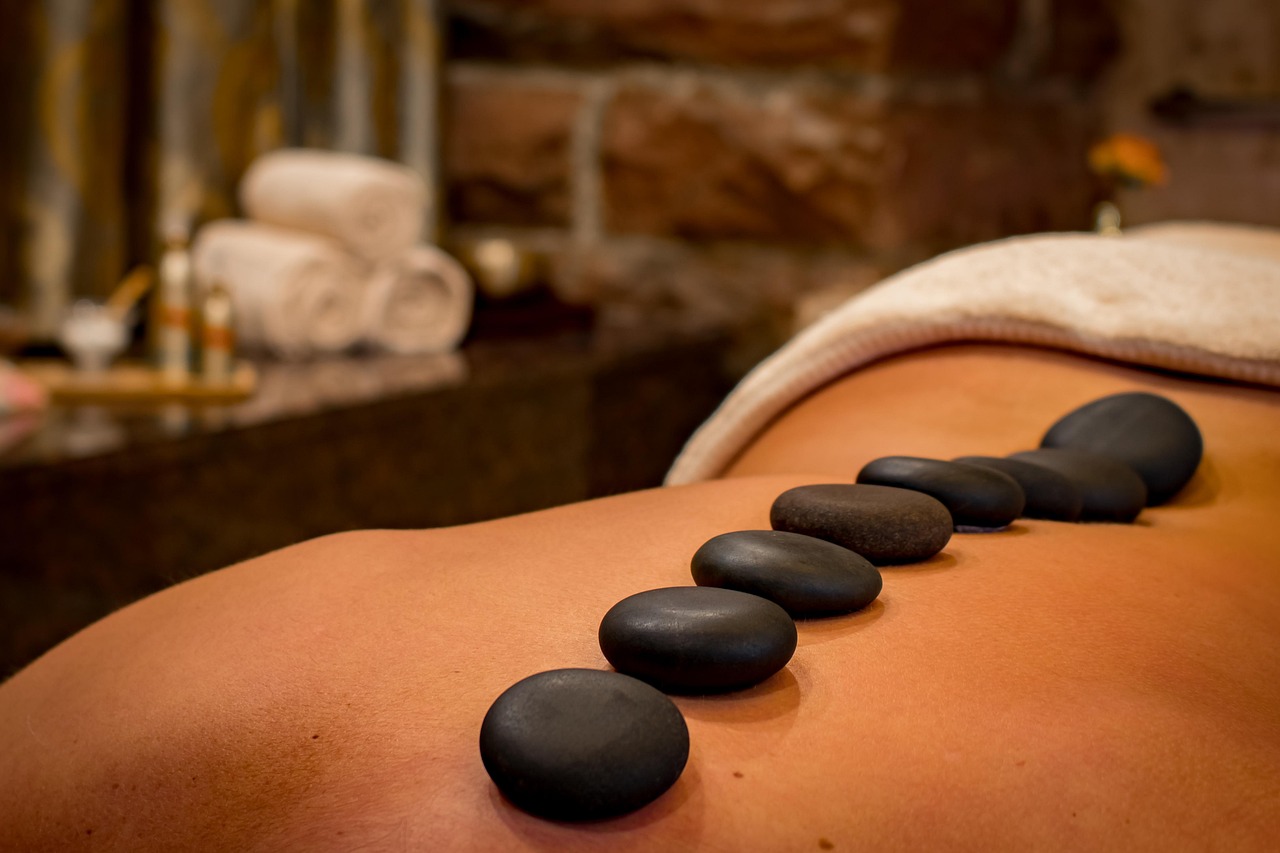Pleasure, a crucial aspect of human experience, has been the subject of extensive scientific scrutiny. Researchers from various disciplines, including neuroscience, psychology, and biology, have delved into the mechanisms and impacts of pleasure, seeking to understand its roots and effects on our well-being. This exploration provides an overview of what scientific research says about pleasure, examining the neurobiological pathways, the psychological theories, and the evolutionary perspectives that explain why pleasure is so central to our lives. From the dopamine-driven reward systems to the complex interplay between sensory experiences and emotional responses, we’ll uncover the scientific underpinnings of pleasure and how it influences our behavior and happiness.
Unveiling the Science of Pleasure: Insights from Scientific Research
The pursuit of pleasure is not just a subjective experience but also a complex biological and psychological process that has been shaped by millions of years of evolution. Let’s explore the major scientific findings on pleasure and how it functions in our lives.
Neurobiology of Pleasure
At the core of the scientific study of pleasure is neurobiology, which looks at how brain structures and chemicals are involved in the experience of pleasure.
- Reward Pathways: The brain’s reward system plays a crucial role in the experience of pleasure. Key areas involved include the nucleus accumbens, the ventral tegmental area, and the prefrontal cortex. These areas release neurotransmitters like dopamine, often referred to as the “feel-good” hormone, which signals pleasure and motivates behavior.
- Hedonic Hotspots: Researchers have identified specific areas in the brain known as “hedonic hotspots” which are critical for generating the sensory pleasures associated with rewards like food, sex, and social interactions.
Psychological Perspectives on Pleasure
Psychology provides insights into how pleasure affects our emotions, influences our decisions, and shapes our overall well-being.
- Hedonic Adaptation: This psychological phenomenon describes how we quickly adapt to changes in our circumstances that initially increase or decrease our happiness, eventually returning to a baseline level of well-being. This adaptation helps explain why the pursuit of pleasure alone does not lead to lasting happiness.
- Eudaimonic vs. Hedonic Pleasure: Psychologists differentiate between hedonic pleasure, derived from immediate gratification, and eudaimonic pleasure, which comes from engaging in meaningful activities that contribute to personal growth and well-being.
Evolutionary Role of Pleasure
Evolutionary biology examines how the capacity for pleasure has helped humans and other animals survive and reproduce, highlighting its role in natural selection.
- Survival and Reproduction: Pleasurable experiences often signal behaviors that are evolutionarily advantageous. For instance, the pleasure derived from eating nutrient-rich foods or from social bonding, which helps strengthen community ties and mutual support.
- Social Pleasure and Cooperation: Pleasure also reinforces social cooperation, which is crucial for survival in many species. Social interactions that are pleasurable promote stronger bonds and cooperative behavior within groups.
Implications for Health and Therapy
Understanding the science of pleasure has significant implications for improving mental and physical health.
- Therapeutic Uses: Techniques that increase an individual’s experience of pleasure, such as positive psychology interventions or certain types of therapy, can help combat conditions like depression and anxiety.
- Lifestyle Modifications: Insights from research on pleasure can inform lifestyle choices that enhance well-being, such as incorporating activities known to boost dopamine levels naturally, like exercise, hobbies, and socializing.
The Complex Tapestry of Pleasure
The science of pleasure reveals a complex tapestry woven from our biology, our psychology, and our evolutionary history. By understanding the scientific bases of pleasure, we can better appreciate its role in our lives and use this knowledge to enhance our well-being and happiness.
FAQs
How can we use the science of pleasure to improve our daily lives?
- Incorporate activities known to stimulate the brain’s reward pathways and promote eudaimonic happiness, like engaging in creative pursuits, fostering relationships, and setting meaningful goals.
Can we increase our capacity for pleasure?
- Yes, research suggests that by diversifying the sources of pleasure in our lives and practicing mindfulness, we can enhance our ability to experience and appreciate joy.
The exploration of pleasure through the lens of science not only enhances our understanding but also empowers us to cultivate a richer, more joyful life.


